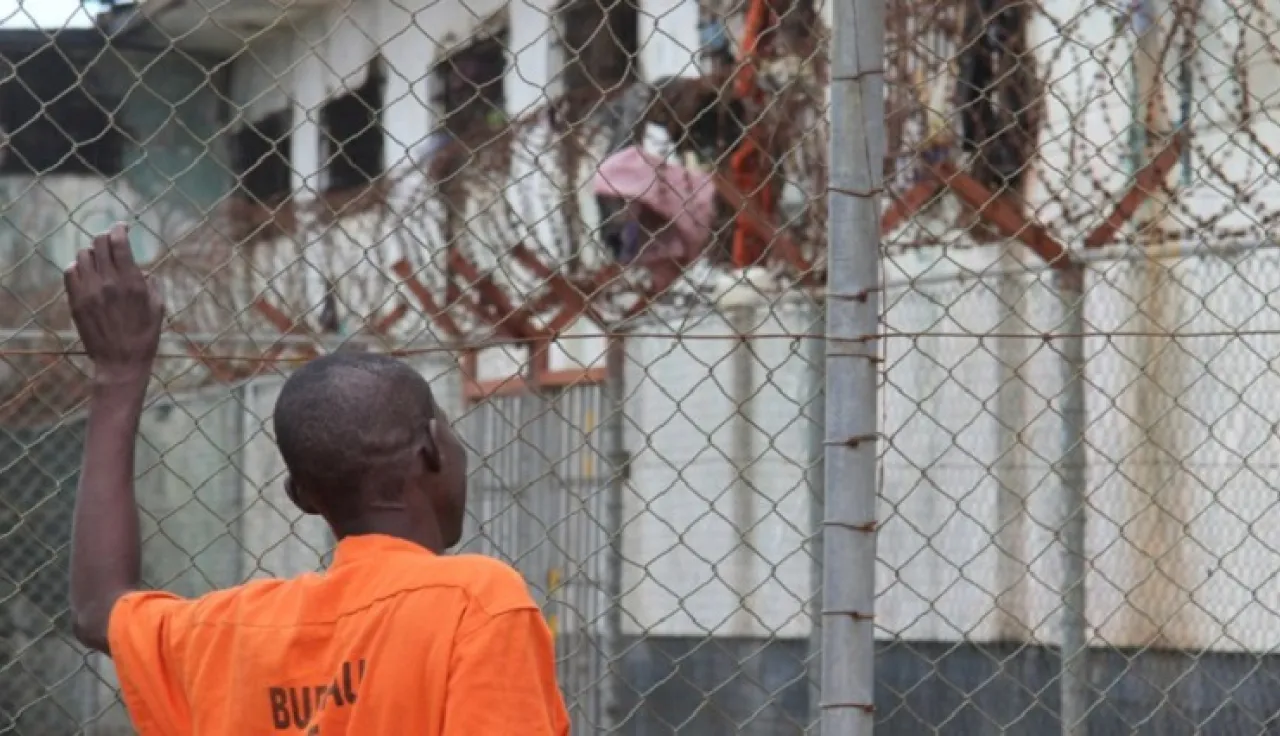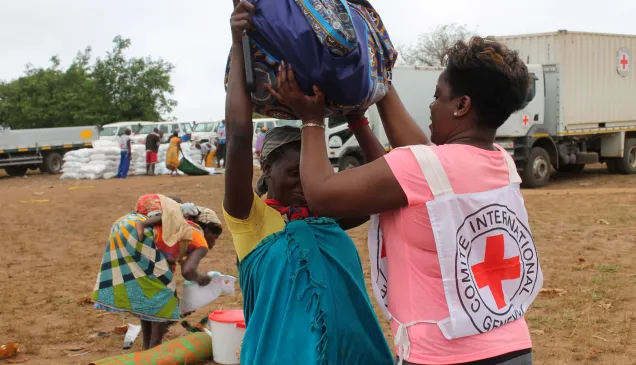Geneva (ICRC) – At the annual conference of the International Corrections and Prisons Association, which is being held in Windhoek from 26 to 31 October, senior experts from around the globe and ICRC representatives are meeting to discuss some of the major challenges faced by penitentiary services.
Peter Maurer, president of the ICRC, who regularly visits prisons in many parts of the world, emphasized in his speech to the conference that prison authorities have to work in difficult circumstances with very limited human and financial resources and often with undertrained or overworked staff. "They frequently have to struggle to obtain the resources they need to carry out their duties. These difficulties can have a severe impact on the lives of millions of detainees," he said.
About 500 representatives of national authorities, prison agencies, the private sector, non-governmental organizations and academic institutions discussed a wide range of topics that included the improvement of working conditions for correctional officers, reforms to criminal justice systems and detainees' return to society.
"The needs of prisons and prisoners are never a priority. Governments rarely devote to them adequate financial and intellectual resources," said Mr Maurer. Prisons suffer from outdated or inappropriate buildings, but also from legislation, policies and criminal justice systems that are not fit for purpose. This failure undermines the human dignity of detainees, the rule of law and society as a whole. It can result in overburdened courts unable to meet the requirements of a fair trial, and in prison facilities where hygiene is inadequate, health care unavailable and safety impossible to maintain for staff and prisoners. "Such conditions are inconsistent with the human dignity of detainees and, it goes without saying, compromise their successful return to society."
Mr Maurer also underlined the vital role played by close dialogue and effective cooperation between the ICRC and the detaining authorities in creating conditions which preserve the detainee’s sense of dignity. Both are called upon to work in the same environment, which is becoming more and more complex, and to address similar needs. "Cooperation should take place not only with prison services, as solutions are not always only in their hands, but also with other national bodies, indeed with all concerned."
Prison facilities designed to meet the needs of the inmates are solutions to some of the challenges faced today, as are alternatives to incarceration. The ICRC continues to be concerned about poor and sometimes dangerous practices in the area of prison construction. It offers planning support with the aim of making treatment and conditions the result of deliberate policy decisions and not merely of prison walls.
The ICRC, which visited some 750,000 detainees last year in about 100 countries, has a rich history of activities carried out in behalf of detainees and their families – and of cooperation with penitentiary services. Its ultimate goal has always been to ensure that the dignity of each individual detainee is preserved by supporting the authorities in their efforts to provide safety, healthful food, sanitation, medical care, access to justice and humane treatment.
See also the statement by the ICRC's president at the Conference: Lack of resources for prisons is having a severe impact on the lives of millions of detainees
For further information, please contact:
Céline Buvelot, ICRC Geneva, tel: +41 22 730 30 84 or +41 79 574 28 89



